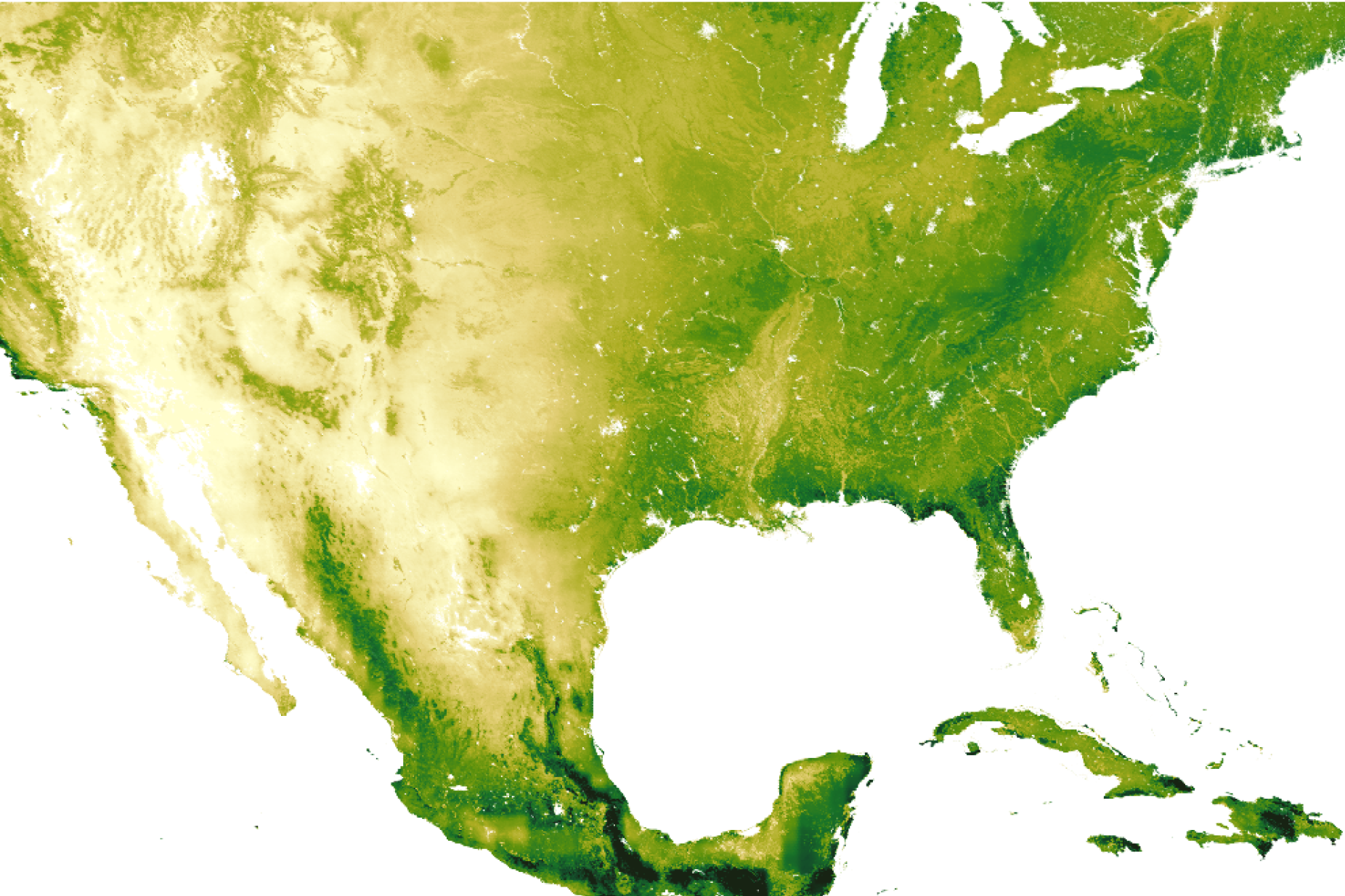An investigative report published in the Guardian yesterday into the world's leading carbon standard Verra found "90% of their rainforest offset credits – among the most commonly used by companies – are likely to be "phantom credits" and do not represent genuine carbon reductions."
The nine-month investigation by the Guardian, Die Zeit and SourceMaterial analysed around 57 of 87 Verra-approved projects and found 94% of the credits the projects produced should not have been approved. Verra has disputed the claims and questioned the methodology used.
The challenge with this report, says Earth Blox CEO, Dr Genevieve Patenaude, is that REDD+ (Reducing Emissions from Deforestation in Developing Countries) projects are just one type of carbon emission reduction project, and they rely heavily on future projections.
"Simply put, for REDD projects, which predominantly consist of avoiding future deforestation or forest degradation, developers need to say, 'we estimate that this would happen in the future if the REDD activity weren't going ahead'. Hence, uncertainties are large, as many variables are very difficult to predict accurately, such as human behaviour. This isn't the case with all types of projects. A number of our customers are focused on Afforestation, Reforestation and Revegetation (ARR) projects, for instance, where carbon stocks are increased by planting trees or helping the natural regeneration of vegetation where one can measure how much carbon has been stored."
"Forest, land and the agricultural sectors represent nearly a quarter of global greenhouse gas (GHG) emissions - the largest emitting sector after energy. Hence this is a key sector to tackle in our quest to abate emissions and reach net zero. While such debates are needed and important, this should serve as a catalyst for increased collaboration, lessons learned, and not a distraction from the urgency to act," she added.

Professor Iain H Woodhouse, knowledge and outreach lead at Earth Blox, said the issue highlights the increasing importance of satellite remote sensing data in the carbon market.
"Satellite data provide a robust mechanism for quickly tracking forest cover and forest loss over very large and remote areas. We also have a history of data that goes back more than two decades. And because much of the data is easy to access, it also provides a level of transparency that ensures that third-party validation of carbon projects can be done in a straightforward way. This is amply demonstrated by the fact that the scientific papers discussed in this investigation that evaluated the Verra-certified projects did so using data derived from satellite images."
Earth Blox is a no-code Earth observation software used by analysts and conservation teams to conduct carbon offset project eligibility assessments, monitoring and reporting. The company was founded in 2019 by a team of remote sensing scientists, is headquartered in Edinburgh, Scotland, and has customers in the UK, Europe and Asia.
The article was first published on Sustainable Business Magazine.


.png)